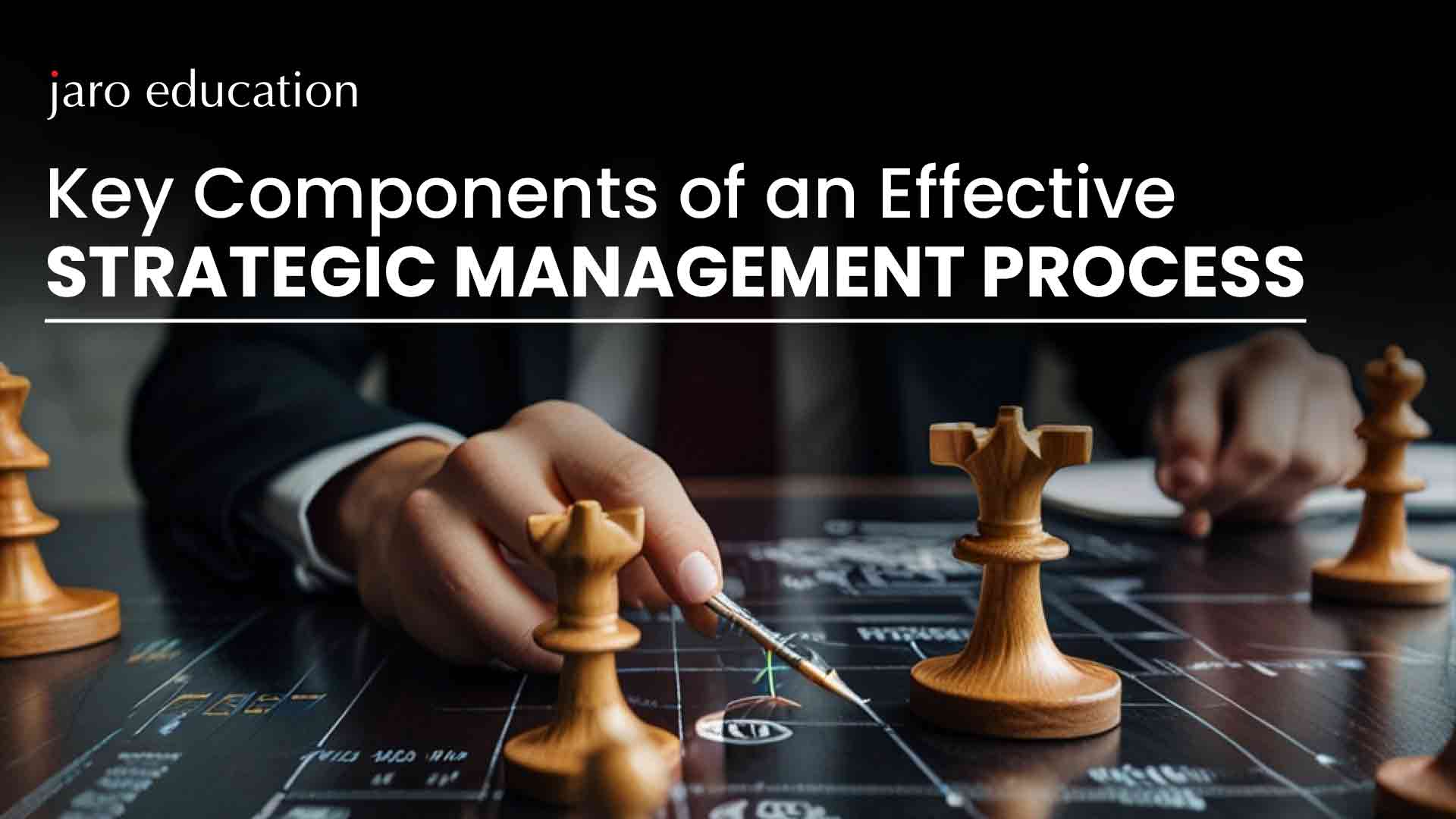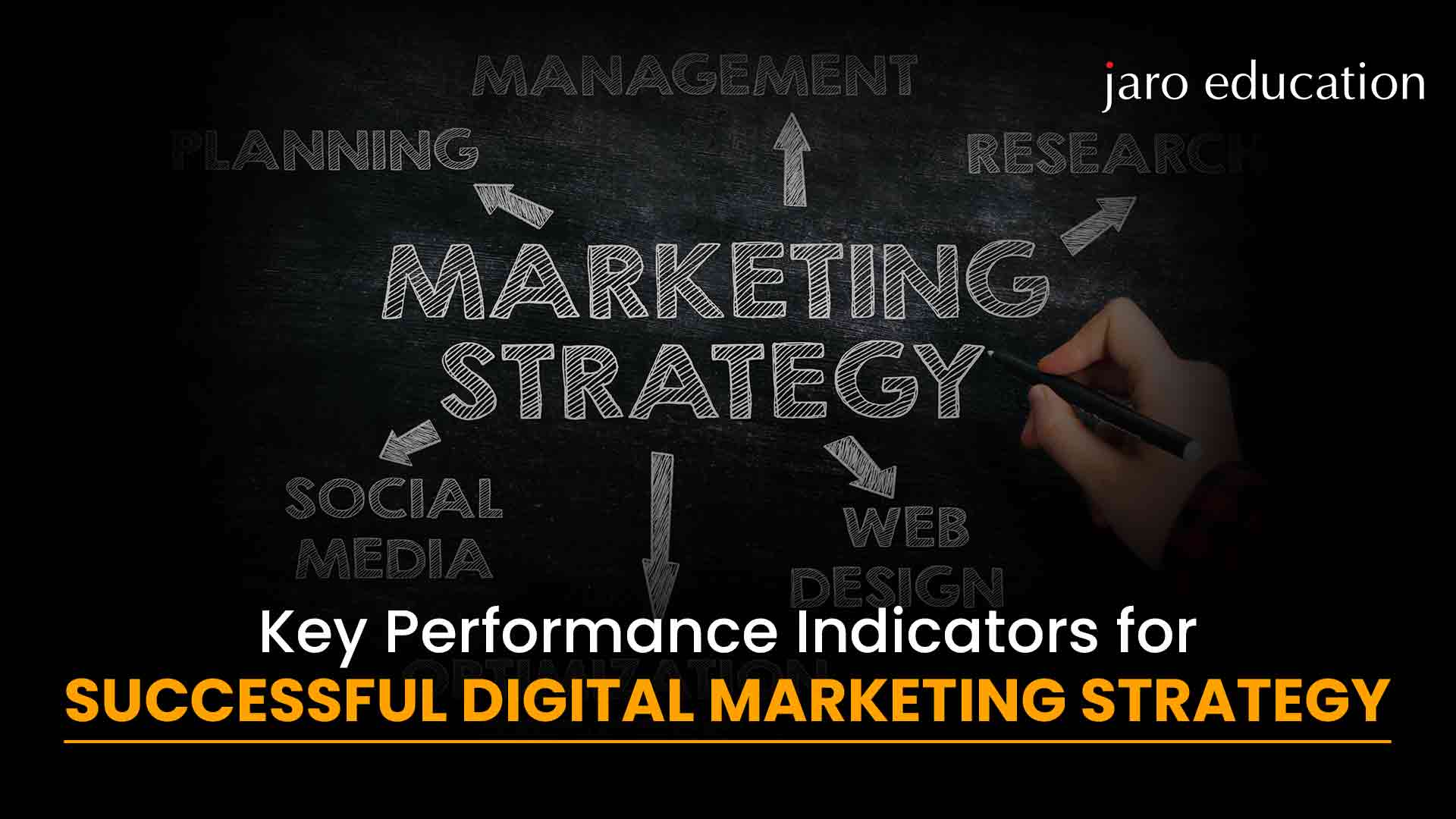
Do you want to see desired-results of your marketing campaigns?
So, this is the time to implement advanced segmentation strategies. By dividing your audience into smaller, more targeted groups, you can tailor your marketing messages and offers to meet their needs and preferences in a structured way.
In this article, we’ll dive into the world of advanced segmentation and explore how it can help you improve the effectiveness of your marketing strategy. Whether you’re a seasoned marketer or just planning to switch your career, you’ll gain valuable insights and practical tips to help you take your marketing to the next level. So, let’s get started and learn about advanced segmentation strategies for marketing.
Types of Segmentation
Firstly, it’s important to know that the segmentation is divided into four types, which are as follows.
Demographic segmentation
This segmentation divides audiences into age, sex, caste, creed, and religion. When you are planning strategies, demographic segmentation is equally important to understand for better grouping and subgrouping.
Table of Contents
Psychographic segmentation
Another segmentation includes division as per the lifestyle, attitudes, interests, values, and personality traits of your target audience. This is necessary to understand what type of products to market, considering the interests and preferences of your target segment.
Behavioral segmentation
Behavioral segmentation is where you must analyse users’ buying patterns, frequency, historical data, and product/service usage.
Geographic segmentation
Geographic segmentation means dividing the target audience into locations by categorising regions by country, state, city, and zip code. This segmentation method works for the audience in local and regional locations.
Benefits of Advanced Segmentation
Personalised marketing messages
Marketing messages that are specifically tailored to each consumer group based on their requirements and preferences are made possible by advanced segmentation. Businesses may strengthen their relationship with their audience and boost conversion rates by sending customised messages.
Increased customer engagement and loyalty
Businesses can produce more interesting and pertinent content that connects with their audience by getting to know their customers better. Customers who believe that a company knows and values its needs are more likely to be loyal for it.
Improved marketing ROI
Enhanced segmentation can help companies focus their marketing initiatives more successfully, saving money and increasing marketing ROI. Businesses can enhance conversion rates and revenue by focusing on a narrow audience with pertinent communications and offers.
Enhanced customer experience
Businesses may provide a more individualised customer experience with the help of advanced segmentation, which can boost customer happiness and loyalty and can give their customers a more relevant and satisfying experience by focusing on their marketing messages and offerings to certain client groups.
Data Collection and Analysis
Finding relevant data sources: To develop successful segmentation strategies, businesses must locate and gather relevant data about their clients. This could comprise information on demographics, psychographics, behavior, and location, among other things. The various data sources that firms might employ includes surveys, social media analytics, and sales data, etc.
Tools for data analysis: After data has been gathered, it must be analysed by organisations to spot patterns and trends. Various data analysis tools that companies can utilise includes Excel, statistical software, and machine learning techniques.
5 Examples of Successful Segmentation Strategies
Amazon: To provide its customers with tailored product recommendations and offers, Amazon combines demographic, psychographic, and behavioral segmentation. Amazon analyses consumer data to determine client preferences and then provides pertinent goods and services to boost sales and retain customers.
Coca-Cola: A well-known global brand Coca-Cola uses geographic segmentation to focus its marketing efforts on regional areas. For example, the business has introduced various Coca-Cola flavors in various nations based on local preferences.
Nike: Nike creates a tailored marketing strategy which focuses on enhancing the lifestyle of its clients, using psychographic segmentation. Customers who value achievement and inspiration, for instance, will connect with the company’s “Just Do It” tagline, while consumers who value inclusivity and social justice would connect with its “Equality” campaign.
Sephora: Sephora tailor its marketing campaigns for customers by using both demographic and psychographic segmentation. By compiling information on consumer preferences, Sephora can suggest products that complement a customer’s skin type, preferred cosmetics, and personal style.
Netflix: Based on the viewing habits of its audience, Netflix employs behavioral segmentation to suggest movies and TV series to their users. It also provides individualised recommendations to keep users engaged evaluating watching habits and interests.
Now that you have read about how segmentation strategies for marketing work, let’s understand how to become a professional in making strategies for your business products/services.
To become proficient in making marketing strategies, you must consider enrolling yourself into Advanced Strategy For Products And Marketing – Advanced Analytics For Products And Marketing. This course by IIM Kozhikode teaches you how to become proficient in winning customers and building a potential customer base that drives revenue to the business.
This is one of the best IIM Kozhikode courses that teach market segmentation strategies in detail, which we have discussed in the article. Besides, it even offers dual certification, which is an added advantage to your professional career and will elevate not only your professional growth but also your personality
Conclusion
Advanced segmentation is a potent marketing strategy that can assist companies in developing more specialised and targeted marketing efforts. Businesses can deliver personalised messages and offers that cater to customers’ particular needs and preferences by evaluating customer data and developing client segments based on demographics, psychographics, behavior, and location.











